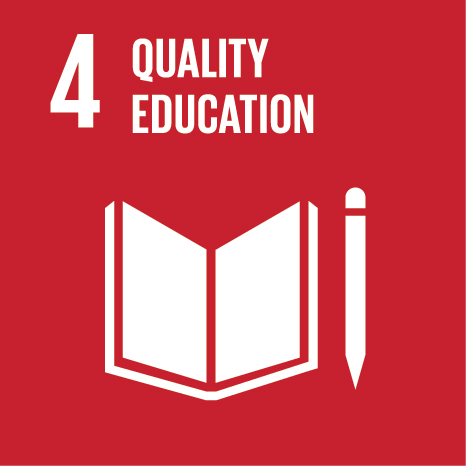 +265(0)111 624 222
+265(0)111 624 222 research@unima.ac.mw
research@unima.ac.mw Chirunga-Zomba, Malawi
Chirunga-Zomba, Malawi
Recasting Cosmopolitanism in Education for Citizenship in Africa
Abstract
In this chapter, Chikumbutso Herbert Manthalu makes a case for an education for global citizenship that instead of marginalising the national subjectivities of historicity, language and socio-cultural situatedness in the constitution of the citizenship conceptualisation includes such subjectivities as indispensable in the conceptualisation of a meaningfully global or cosmopolitan citizenship. Counter to prevalent dominant theories and practices of education for citizenship that are grounded in the objective commonalities of humanity across the world—hence grounded in the idea of the detached impartial autonomous self as epitomic of the cosmopolitan citizen—Manthalu argues that ideal cosmopolitanism is an achievement of unity between the dualities of the universal global and the particular local opposites. Employing Seyla Benhabib’s (Situating the self: Gender, community and postmodernism in contemporary ethics. Cambridge: Polity, 1992; Dignity in adversity: Human rights in turbulent times. Cambridge: Polity, 2011) notion of deliberative universalism that starts with difference as an integral element of being, the chapter argues that education for cosmopolitan citizenship should not be restricted to the transcendent self. This is because excluding the particularities of situatedness in global citizenship education not only denies the concreteness of the being of the peoples of the world but also compels them to assimilate into the mainstream culture that underlies the ostensible impartial education of radical cosmopolitanism. In the end, the chapter cautions that recasting education for cosmopolitanism citizenship is not about replacing one ideology with another but rather promoting the conceptualisation of cosmopolitanism and education for cosmopolitanism and the linguistic, historical and cultural differences that typify peoples of the world.
| Original language | en |
| Pages (from-to) | 175-201 |
| Publication status | Published - 2019 |
UN SDGs
This research output contributes to the following United Nations (UN) Sustainable Development Goals (SDGs)

License
https://www.springer.com/tdmUN SDGs
This research output contributes to the following United Nations (UN) Sustainable Development Goals (SDGs)

License
https://www.springer.com/tdmUN SDGs
This research output contributes to the following United Nations (UN) Sustainable Development Goals (SDGs)

License
https://www.springer.com/tdm